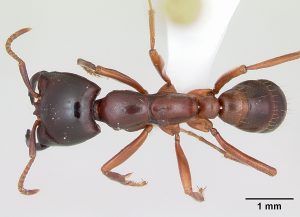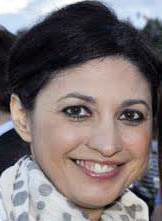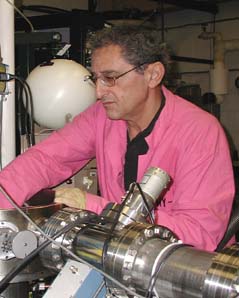In 2018, the journal Respiration was adamant that it wouldn’t retract a 2015 paper co-authored by once-respected transplant surgeon Paolo Macchiarini. Now, the editors at Respiration seem to have changed their mind.
Macchiarini is most well known for his controversial artificial windpipe implants. Seven out of the eight patients who had artificial windpipes implanted from Macchiarini suffered complications after the surgery.
Five years ago, the Karolinska Institute (KI) in Sweden found that Macchiarini and three co-authors of his were guilty of misconduct in the 2015 study, and recommended that it should be pulled.
Thomas Nold, then the editor-in-chief of Respiration, previously told Retraction Watch, however, that the journal decided against retraction:
Continue reading Five years after saying it won’t retract Macchiarini paper, journal does so








